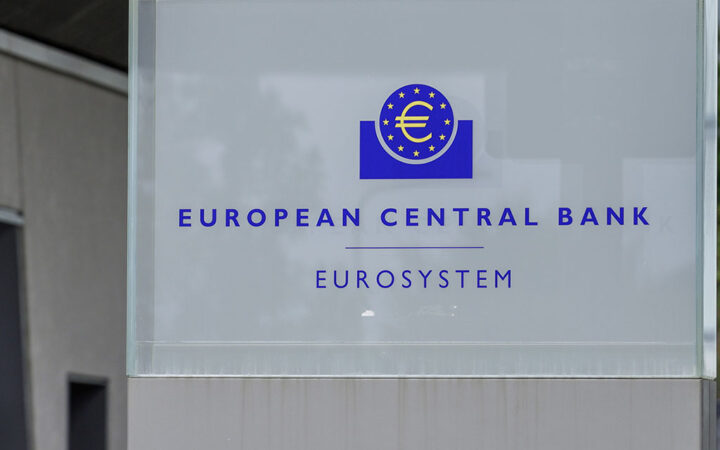
Content specialist with interest across sectors like Finance, Politics, Environment, Technology & Education. Loves Fiction! A reader, dreamer & blogger. When not writing, you will find her enjoying solitude like her cats
According to ECB President Christine Lagarde, the CBDC Euro plan is still in its nascent stage and the completion could take up to 4 years.

Fabio Panetta, the Executive Board Member at the European Central Bank, highlighted the role of a Centre-controlled digital euro (CBDC) in preserving people’s privacy. He called the Facebook-backed Diem an ‘unstable coin’.
In Fabio’s recent interview to Financial Times, he spoke about the Central Bank’s plans to counter the growing spread and popularity of blockchain-based cryptocurrencies. To further stress upon the CBDC plans, he said that unlike private organizations working towards developing blockchain-based payment systems, the ECB will not have any vested or commercial interests concerning consumer data. The bank would then not only help secure sensitive personal information but also refrain private parties from altering the region’s financial landscape.
According to ECB President Christine Lagarde, the CBDC Euro plan is still in its nascent stage and the completion could take up to 4 years. However, Panetta spoke about regular testing that will help answer people’s worries about the invasion of privacy. The experiments make it possible to keep private information separate from payment data. Smaller transactions will offer better security as the data will only get stored in the payee and payer wallets. However, he mentioned that although anonymity is not a problem for smaller payments, a certain amount of regulations will be in place to track the larger transactions.
Amidst the global banking concerns regarding the erosion of deposits affecting the economy, ECB plans to put caps on individual holdings and introduce ‘disincentivizing remuneration’ above the stated limit. Panetta also has an open mind towards making the CBDC interoperable as it would help in ensuring economical and competent cross-border transactions. According to Panetta, the ECB’s governing council will decide on the CBDC plan in July. In addition, the ECB will also have in place its oversight framework to regulate digital currencies by private entities and crypto traders by the end of 2021.
According to the Bank of International Settlements, more and more Central banks are running experiments to discover the viability of launching a state-issued digital currency. With the economic behaviour changing and with the rise of cryptocurrencies like bitcoin, countries need to be ready for the future. Unlike decentralized blockchain-based storage, the CBDCs will be regulated and scrutinized especially transactions including a large amount. This will be done to avoid the use of this digital fiat currency in illegal activities.
Cryptocurrencies are often called dangerous due to their potential use in criminal activities as the transactions are decentralized. Diem, though classified as a ‘stable coin’ comes with potential volatility and is thus inherently unstable. The involvement of Central Banks would provide some security, however, would rob these cryptocurrencies of their fundamental properties which are anonymity and the absence of intermediaries. A healthy mix of private cryptocurrency and CBDCs would be beneficial for both individuals and governments in the long run.
Disclaimer: Coinspeaker is committed to providing unbiased and transparent reporting. This article aims to deliver accurate and timely information but should not be taken as financial or investment advice. Since market conditions can change rapidly, we encourage you to verify information on your own and consult with a professional before making any decisions based on this content.

Content specialist with interest across sectors like Finance, Politics, Environment, Technology & Education. Loves Fiction! A reader, dreamer & blogger. When not writing, you will find her enjoying solitude like her cats




